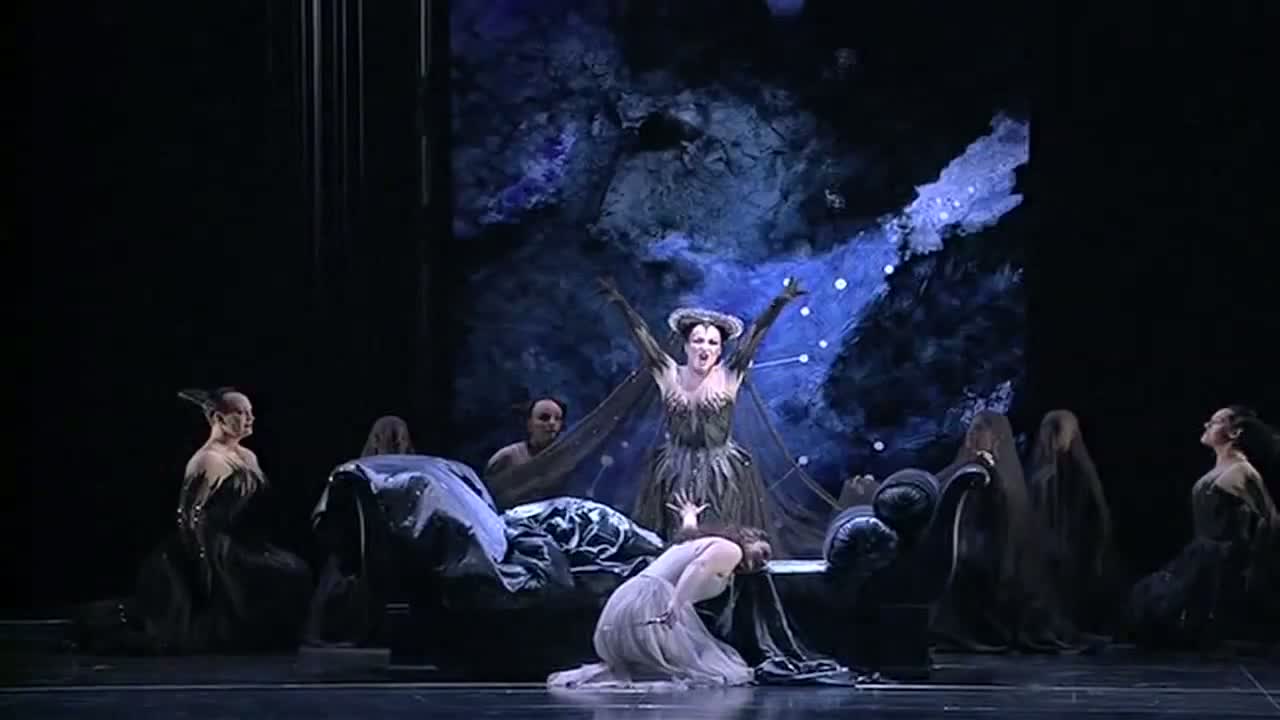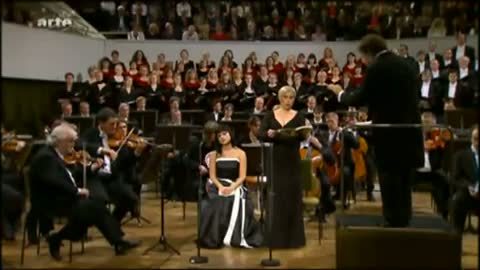This naturally involves operatic work again. In all of Tintin's books, Ms. Castafiore always and only sang one song: Gounod's Jewel Song from his opera Faust: Ah! Je Ris... I was looking forward to that scene in the movie but was surprised to see that a different opera was used. The song you hear is "Je Veux Vivre" sung by American soprano Renée Fleming. That song is known as "Juliet's Waltz" from the opera Roméo et Juliette, also by Gounod. To even confuse the viewers more, John Williams opened the diva's singing scene with music from Rossini's The Barber of Seville! My guess is that "Je Veux Vivre"'s climatic ending has a higher note than that of the "Jewel Song" and that is more realistic of it shattering all the glasses in the audience. Since it's always nice to know what they are singing about, the French lyrics are below... with translation for you.
If you like this, go see the movie and get to know Tintin. Spielberg and Co. will be producing at least two more Tintin movies that will come along in the future.
Gounod: Roméo et Juliette
Je Veux Vivre (Juliet's Waltz)
Ah! Je Veux Vivre.... Ah! I want to live
dans ce rêve qui m'enivre.... in the dream that intoxicates me
ce jour encore. .... this day again
Douce flamme.... Sweet flame
je te garde dans mon âme.... I keep you in my soul
comme un trésor. .... like a treasure.
Cette ivresse.... This drunkenness
de jeunesse.... of youth
ne dure, hélas, qu'un jour.... lasts, alas, but a day
puis vient l'heure.... then comes the hour
où l'on pleure.... when one weeps
le coeur cède a l'amour.... the heart yields to love
et le bonheur fuit sans retour. .... and happiness escapes without returning.
Je veux vivre.... I want to live
loin de l'hiver morose.... far from that sullen winter
laisse-moi sommeiller.... let me linger and rest
et respirer la rose.... and breath the rose
avant de l'effeuiller. .... before stripping it of its petals
Ahhhh ahhh ahhh
Douce flamme.... Sweet flame
reste dans mon âme.... stay in my soul
comme un doux trésor.... like a precious treasure
longtemps encore. .... a long while still.
In the clip you see by clicking on the photo below, Tintin and Capitain Haddock followed the trail to the third model of the Unicorn that contains the third parchemin to the treasure of Red Rackham. The arch-villain Ivanovich Sakharine has a plan to shatter the glass container protecting that boat and grab the parchemin.






